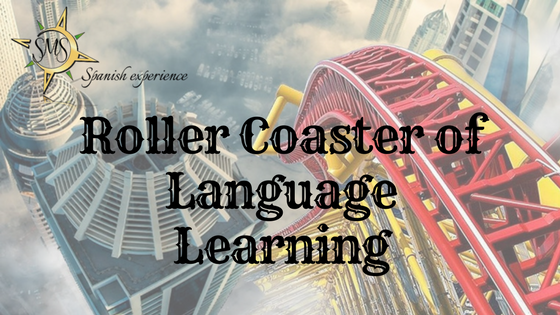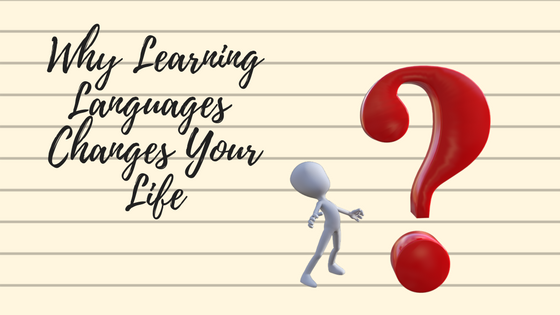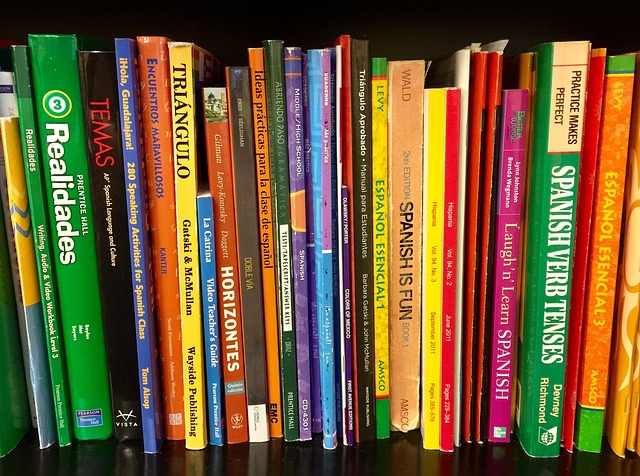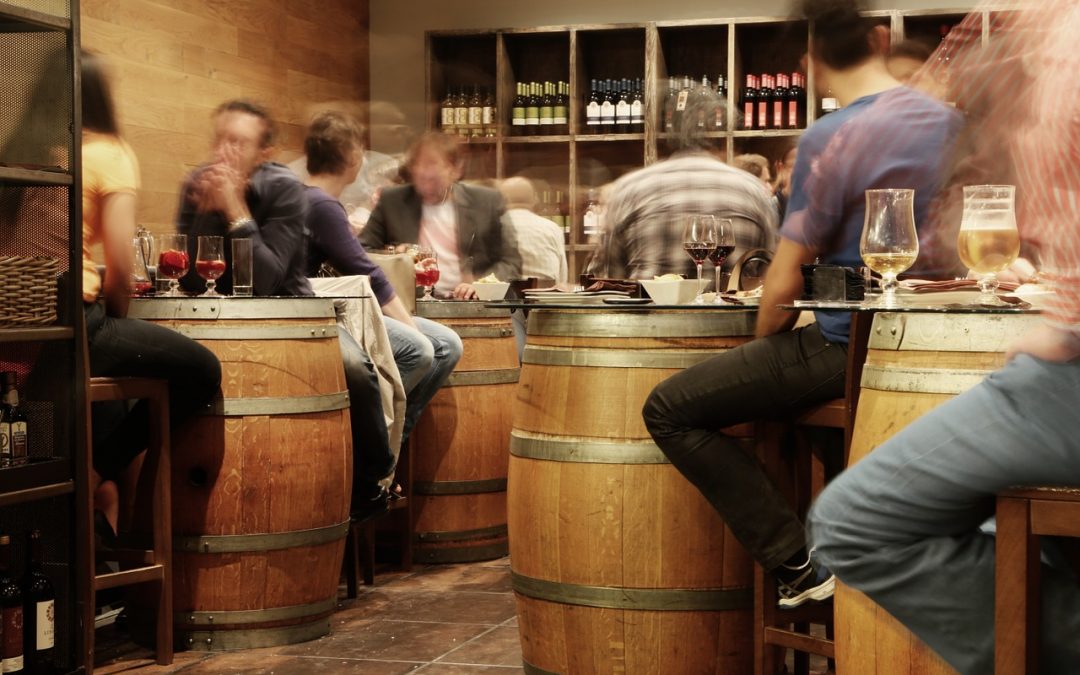Spanish for children, reward or punishment?
In this new entry of our blog, we are going to talk about the smallest of the house, the children. Learning a new language for them can be either a complex task or a game, it all depends on the way you deal with it. The main reasons why many children learn Spanish...
Why study Spanish in Tenerife?
Why Tenerife? The answer is very easy: Because it is the perfect destination for your language course. It is that simple. However just in case, you would like to have a more detailed explanation, we prepared something for you. Tenerife is an exotic island, where sunny...
“El Gordo” Lottery in Spain – why spaniards are obsessed with it
Illuminated streets, family atmosphere, music, Christmas shopping, and of course, the lottery. The Spanish Christmas Lottery or simply Lotería de Navidad is a national lottery. In the Spanish-speaking media it is sometimes just called El...

Roller Coaster of Language Learning
Why is it a roller coaster? Well, because learning a language is full of ups and downs. It also makes us face our insecurities and fears. Learning Spanish is a process full of positive emotions and frustrations, the moments of clarity and...

Halloween in Spain
Is Halloween celebrated in Canary Island? The answer is - no. In Canary Islands Spanish celebrate the holiday known as “finaos” that has similarities with Halloween. On the evening of Finaos children go around their neighborhood similar to...

How learning a language changes your life completely
Nowadays learning languages has become a necessity, not only for work reasons, but also at the social level. It is a complex challenge. Speaking another language does not only imply knowing its grammar and structure, but also means thinking...

The best courses to learn Spanish
When we decide to learn a new language, we always do it with great enthusiasm! But there is a high risk that we drop it soon. Most people who begin to learn a foreign language gradually lose interest or quit right away, but why? Common...

10 Best Spanish Movies in History
The cinema is a window into the culture and reality of society. It reflects on the personalities and the way of understanding the world in a very creative way. Watching movies can help us better understand the culture and idiosyncrasy of...

What are the best cities to visit in Spain? We will show you!
Spain is a country with a long history, a manifold culture and plenty of beautiful places to visit. We know it can be hard to decide, where to go. Especially, as almost all Spanish cities possess this typical traditional flair, for which...

What is the best way to learn Spanish?
Have you ever thought about learning or improving your Spanish, but got somehow confused about which of many ways to choose? We wanted to give you a first orientation about the topic and hope, it will be of help to you. So, what is...



